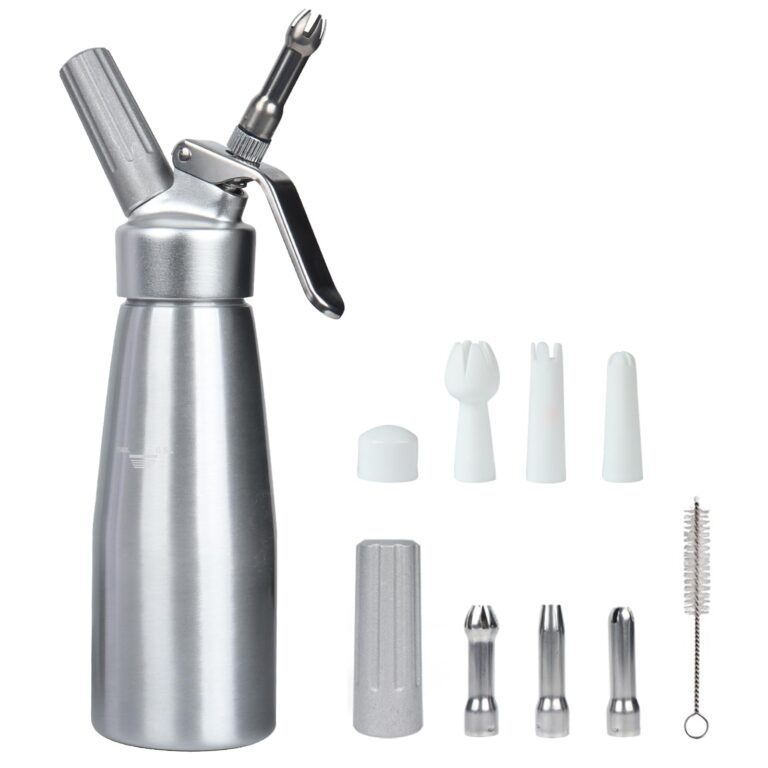Achieving financial stability requires saving money and finding ways to increase your income. By implementing these strategies, you can take control of your finances and pave the way for a more prosperous future. One of the fundamental steps to achieving financial stability is to create a budget. A budget lets you track your income and expenses, clearly showing where your money goes. By setting realistic spending limits and sticking to them, you can identify areas where you can cut back and save more.
Cut Down on Unnecessary Expenses
Look at your expenses and identify items or services you can live without. Reducing unnecessary expenses, such as dining out frequently or subscribing to multiple streaming services, can save you significant monthly money. Saving money can be challenging, especially when it requires conscious effort. By automating your savings, you can make it easier to save consistently. Set up automatic transfers from your checking account to a dedicated savings account.

Embrace the Gig Economy
The rise of the gig economy has opened up numerous opportunities to make extra money. Consider leveraging your skills or hobbies by freelancing or taking on side gigs. Whether it’s graphic design, writing, tutoring, or pet sitting, platforms are available that connect freelancers with potential clients. Investing your money can be an effective way to grow your wealth over time. Research different investment options such as stocks, bonds, real estate, or mutual funds. Understanding the risks and rewards associated with each investment avenue is crucial, and considering seeking advice from a financial advisor.
Utilize Cashback and Rewards Programs
Take advantage of cashback and rewards programs credit cards or online platforms offer. These programs allow you to earn cash back, points, or discounts on your purchases. By using these programs strategically, you can make your money work for you. Credit cards offer various benefits that can help you save money. Look for credit cards with low-interest rates, cashback offers, or rewards for specific spending categories. However, using credit cards responsibly and avoiding excessive debt is essential.
Reduce Your Debt
High-interest debt can be a significant burden on your finances. Consider consolidating your debts into a single loan with a lower interest rate. This can help you save on interest payments and make it easier to manage your debt. Housing is often one of the most substantial expenses for individuals or families. Look for ways to save on housing costs, such as downsizing to a smaller home, refinancing your mortgage, or considering a roommate to share expenses.







